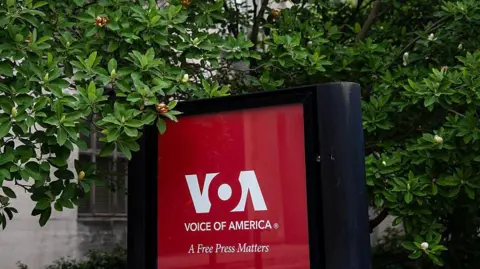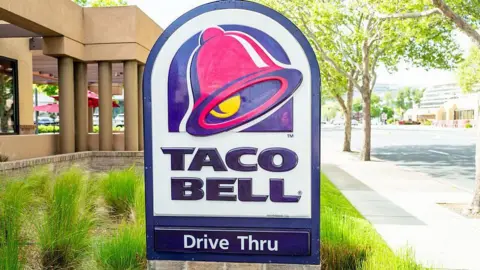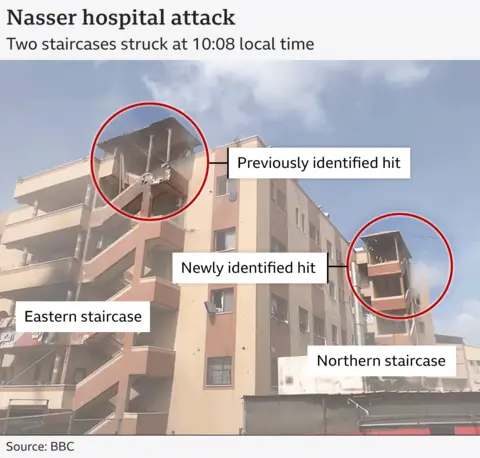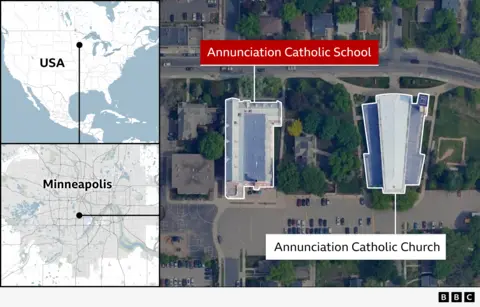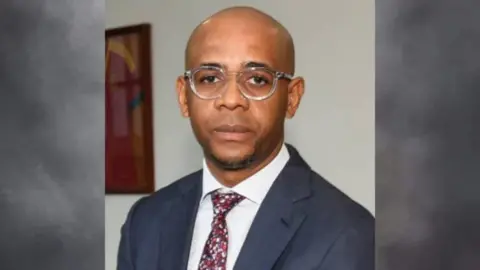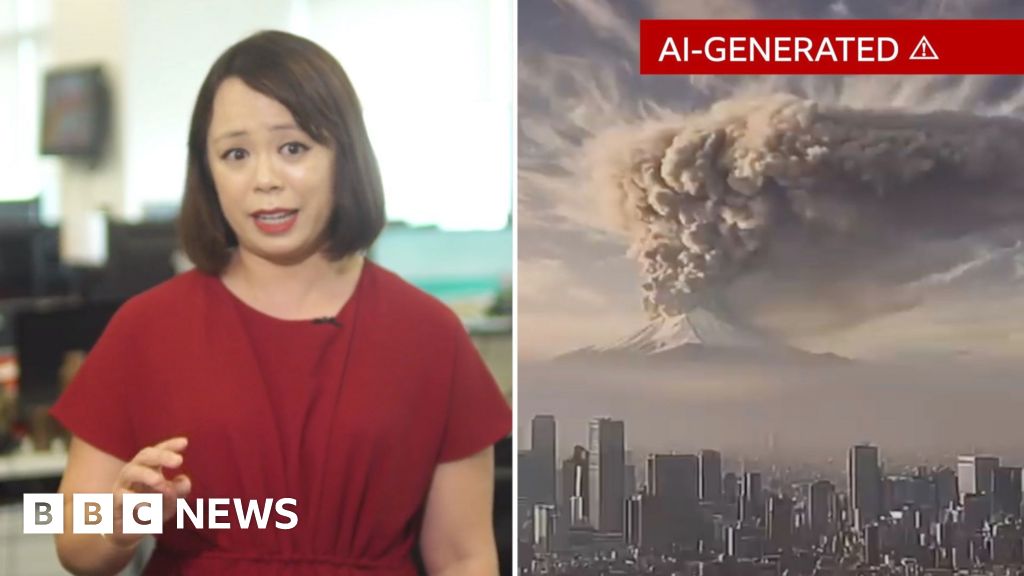Pope Leo XIV has made a significant call for the release of journalists imprisoned around the world in his inaugural address to the media at the Vatican. Expressing solidarity with those held captive "for seeking and reporting the truth," he emphasized that their plight "challenges the conscience of nations and the international community." The pope reinforced the necessity of protecting press freedom, asserting that the media must uphold the "precious gift" of free speech. According to the Committee to Protect Journalists, there were 361 journalists jailed globally in 2024.
In his address, Leo XIV recognized the influential role of journalists in illuminating issues of injustice and poverty worldwide. He urged the press to prioritize truth-telling over engaging in divisive partisanship and to avoid platforms that promote "fanaticism and hatred." Speaking from the Vatican's Paul VI audience hall, he remarked, "The way we communicate is of fundamental importance: we must say 'no' to the war of words and images, we must reject the paradigm of war."
Advocating for a compassionate communication approach, he stressed the need for a dialogue that listens to the marginalized voices often ignored in society. Furthermore, the pontiff raised concerns about artificial intelligence's integration into journalism, asserting that media should utilize this technology with "responsibility and discernment." He urged reporters to ensure that AI serves the "benefit of all humanity."
While the pope predominantly spoke in Italian, he opened with a humorous acknowledgment of the warm applause he received upon entering the hall, expressing gratitude for the audience's reception. "They say that when they clap at the beginning, it doesn't matter much. If you're still awake at the end and still want to applaud, thank you very much," he concluded.














